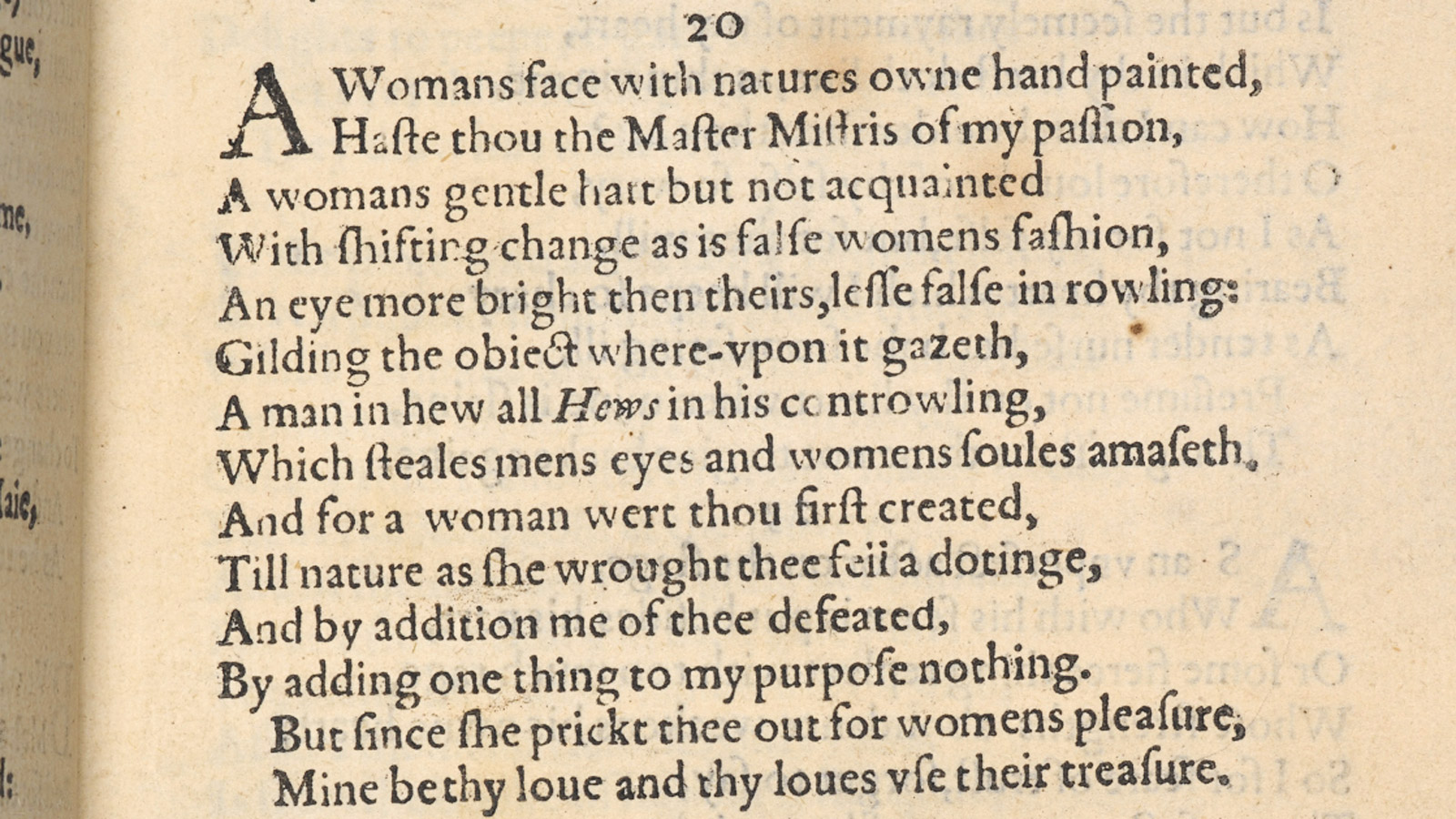
CFP: Shakespeare and Versification
14th September 2020
Call for Submissions: ‘Shakespeare and Versification’
At the start of Charles Dickens’s Hard Times (1854), Mr M’Choakumchild drills his pupils in ‘the sciences of compound proportion, algebra, land-surveying and levelling’. The list continues, as a mixture of tedium and threat, until it reaches the ne plus ultra ‘prosody’ (Mr M’Choakumchild’s topics are ‘at the ends of his ten chilled fingers’, one finger for each of the syllables in a strict blank verse line). For a long time, versification has been a m’choakumchildish subject – with a reputation for being scientistic, deontological, rebarbative, and downright tedious.
A special issue of the journal Shakespeare, due to be published in 2022, will work to upset (perhaps to correct) this reputation. Where most scholarly work on versification has tended toward linguistics and authorship attribution studies, this special issue invites a broader consideration of Shakespeare’s prosody. The journal’s editors are keen to see fresh, imaginative scholarship about Shakespeare’s versification that works toward these ends. What would happen if we thought about metre more ambiguously or multiplicitously? Might we think about prosody alongside gender, or sexuality, or race, or class, or disability? Could we think about the cultural histories of Shakespeare’s metre, or its bibliographical and editorial histories in print and manuscript, or its dramaturgical qualities onstage? Do we need to reckon with the versification of Shakespeare’s contemporaries, in England and in Europe, to understand his own prosody aright (if it is indeed truly his own)?
Shakespeare is one of the leading journals in Shakespeare studies, and more information about it can be found here: https://www.tandfonline.com/action/journalInformation?show=aimsScope&journalCode=rshk20
The special issue will be edited by Dr Robert Stagg (The Shakespeare Institute / University of Oxford). It will include approximately five articles of c.6000 words each, though there is considerable flexibility as to word counts and so forth. All articles will be subject to double-blind peer review, as is customary in Shakespeare. Anyone interested, however provisionally, in contributing an article to the special issue is invited to email robert.stagg@ell.ox.ac.uk by the end of October 2020.
